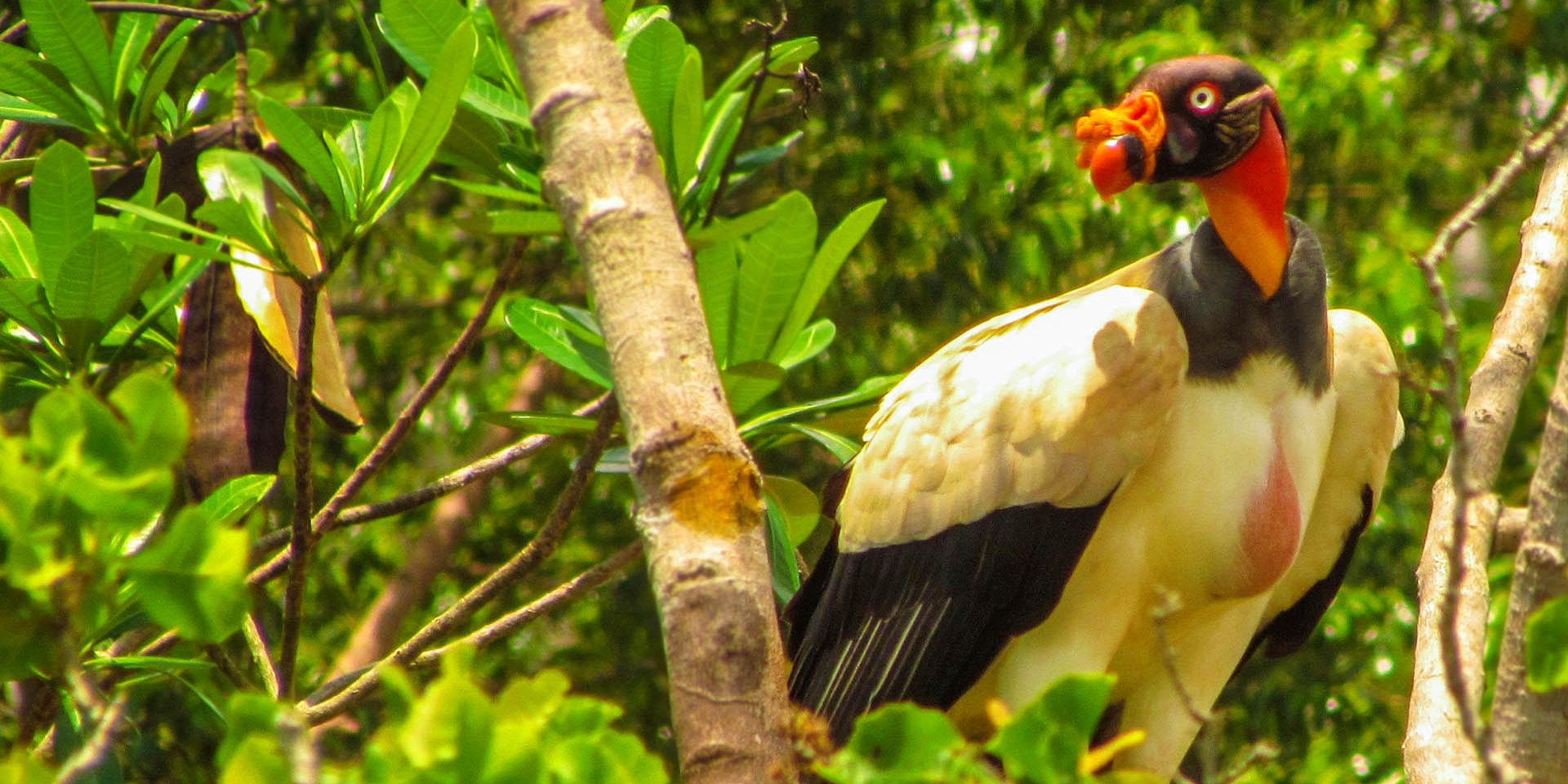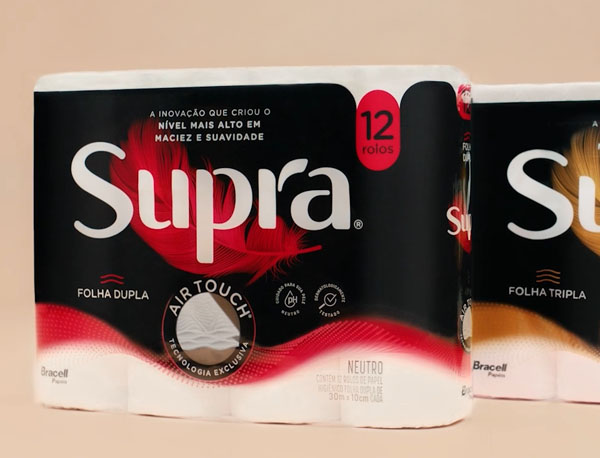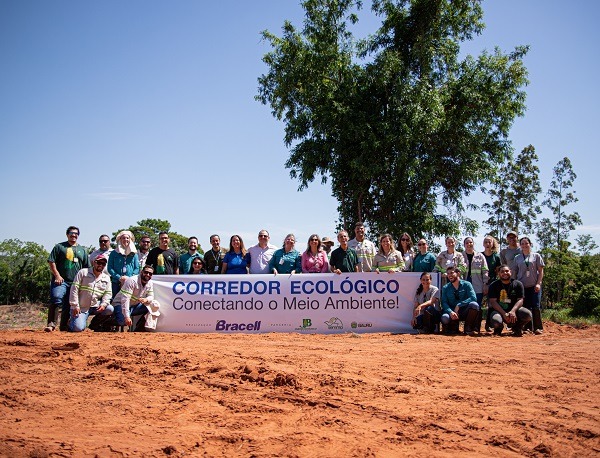Atlantic Forest and Cerrado areas in Bahia and in São Paulo are monitored by Bracell’s Biodiversity program to Preserve Fauna and Flora
A sustainable production that adds value to the community is one of the greatest challenges of the industry, especially the ones whose production relies on natural resources. No wonder, in 1992, the United Nations (UN) instituted the 22nd of May as the International Biodiversity Day to bring awareness to people all around the world on the importance to preserve biodiversity in all ecosystems around the globe.
Aligned with this commitment, Bracell, one of the greatest specialty cellulose producers in the world, has developed a program to Monitor Biodiversity to Preserve Fauna and Flora to understand the impacts of forest management operations on native vegetation and wildlife, and to preserve natural ecosystems by adopting responsible practices. The company belongs to RGE Group, which manages natural resource-based global manufacturing companies.
“Bracell’s purpose is to adopt forest management practices to reduce the negative impacts and strengthen positive impacts towards soils, water, and biodiversity conservation. The Program to Monitor Fauna and Flora gives us important indicators, which guide us in the adoption of the best practices,” says Marcela Trecenti Capoani, Environment and Certifications coordinator at Bracell SP.
The actions to monitor and preserve biodiversity are taken in the areas in which Bracell operates in the States of Bahia and São Paulo. In Bahia, for example, the company owns the private reserve of natural heritage (Reserva Particular do Patrimônio Natural, or “RPPN”) called Lontra, the greatest conservation unit of its kind in the Northern coast, with an area of 1.377 hectares of Atlantic Rainforest. This area is about 140 km away from the capital, Salvador, between the municipalities of Entre Rios and Itanagra.
In Bahia, 378 wild flora species, 264 bird species, 75 amphibians, 57 snakes and lizards, and 38 mammal species were identified, including at least 30 endangered species, such as the Rio-rocket frog (Allobates olfersioides), the Southern American bushmaster (Lachesis muta), and the Coimbra Filho’s titi monkey (Callicebus coimbrai), in addition to rare plants, such as Juçara (Euterpe edulis), and one of the smallest lizards in the world, the Meridian gecko (Coleodactylus meridionalis).
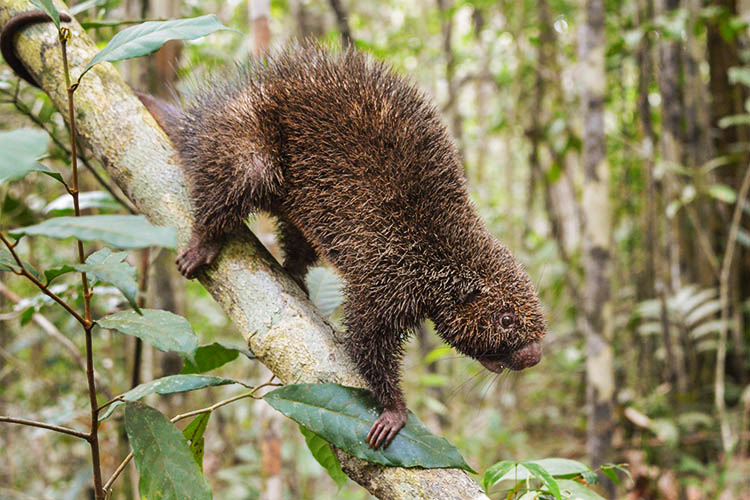
“RPPN Lontra is not only a conservation area, but an area to study the biodiversity of the Atlantic Rainforest, which makes it the ecological ‘heart’ of the Northern coast and Northeastern region of Bahia. In addition, all knowledge the company generates is shared with universities and environmental agencies,” says Meryellen Baldim Oliveira, Environment and Certifications coordinator at Bracell BA.
In 2019, RPPN Lontra was recognized by Unesco as the only Advanced Area of the Reserve of Biosphere of the Atlantic Rainforest belonging to a private company. In the following year, the reserve was certified as an Area to Release Wild Animals (Área de Soltura de Animais Silvestres, or “Asas”). Ever since that certification was obtained, Bahia’s environmental agencies have already released about 200 wild animals, including birds, mammals and reptiles who have been in rehabilitation in the Wild Animal Screening Center (Centro de Triagem de Animais Silvestres, or “Cetas”).
In addition to the scientific and educational value of this program, the work to monitor and preserve biodiversity, such as the work performed by Bracell, also has positive impacts on the country, as stated by the Environment secretary of the State of Bahia, João Carlos Oliveira:“RPPNs are a very strong incentive, and they mean a lot for us. We need to give a positive agenda and image to the environment. Big investment funds are saying that they will only invest in Brazil after they discuss Brazil’s environmental image.”
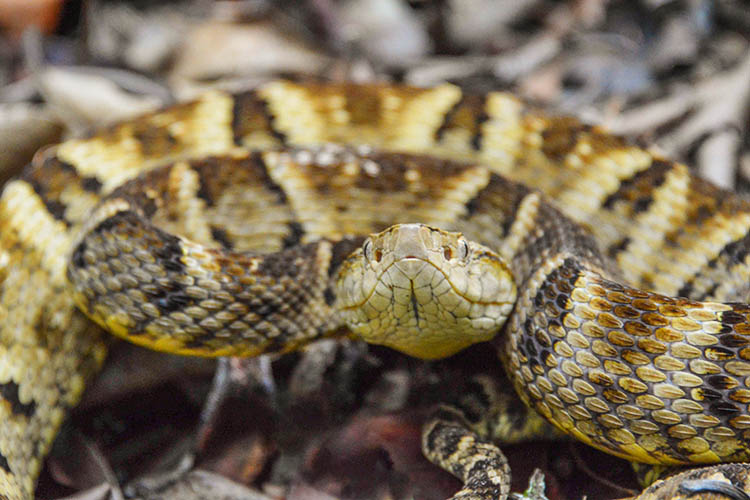
Biodiversity
In the State of São Paulo, Bracell also performs a strong fauna and flora monitoring work in the area in which it operates. The company has an industrial unit in the city of Lençóis Paulista, and is building a plant in the region, known as Project Star.
“Through soil, air, and water resources’ protection, sustainable forest management enables the development of environments with a great biodiversity. In order to preserve natural resources, we adopt conservation practices in our operations, such as level planting, water containment and conservation, post-harvesting waste maintenance, and the fight against forest fire. By adopting these practices, and by using methods such as planting in checkerboard patterns and the formation of ecological corridors, integrating the planted forests with native vegetation forests, we create a proper habitat for animals, plants and microorganisms, preserving and increasing biodiversity,” explains Ariel Evandro Fossa, Senior Forest Operations Manager at Bracell SP.
Since 2007, 302 bird species, 39 mammal species, and 260 flora species have been identified. In 2019, the monitoring program was expanded, and reptiles, amphibians, and fish were included in the program. Ever since the program was expanded, 5 reptile species, 12 amphibians and 43 fish species have been identified.
Among the endangered species, Bracell has already registered in the areas it monitors the presence of maned wolf (Chrysocyon brachyurus), Southern tiger cat (Leopardus guttulus), giant anteater (Myrmecophaga tridactyla), cougar (Puma concolor), ocelot (Leopardus pardalis) and blue-winged macaw (Primolius maracanã). We also found flora species such as ipê felpudo (Zeyheria tuberculosa), farinha seca (Albizia burkartiana), Brazilian sassafras (Ocotea odorifera), Argentine cedar(Cedrela fissilis) and Jasmin (Rudgea jasminoides). As to fish, we’ve identified species such as tabarana (Salminus hilarii) and cascudo-chinelo (Rineloricaria pentamaculata).
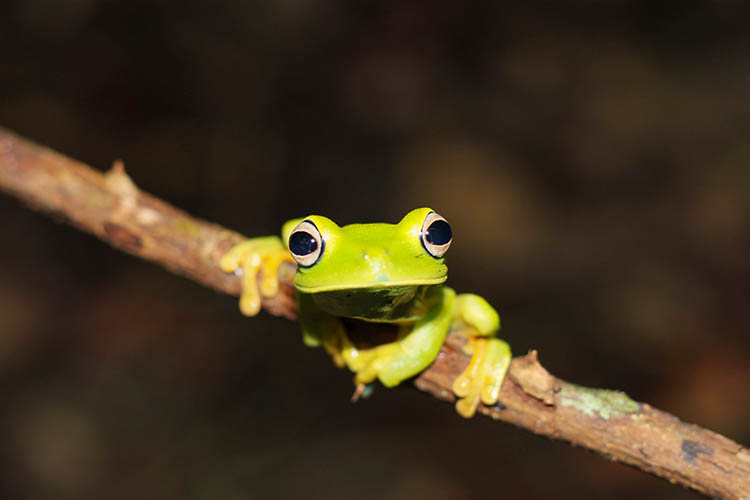
“Knowing the richness and variety of the natural world within the territories in which Bracell operates is of the essence for us to adopt a responsible forest management practice. We seek for environmental balance by keeping the harmony between natural resources and our production. This is why it is so important for us to know the local fauna and flora,” says João Carlos Augusti, Environment and Certifications Manager at Bracell SP.
About Bracell
Bracell is one of the largest producers of soluble and specialty cellulose in the world, having two major operations in Brazil, in the city of Camaçari, State of Bahia, and in the city of Lençóis Paulista, State of São Paulo. In addition to its operations in Brazil, Bracell has offices in Singapore and sales offices in Asia, Europe and the United States.
About RGE
RGE Pte Ltd manages a group of natural resource-based global manufacturing companies. Their activities go from development to harvesting of sustainable resources, to the creation of several products that add value to the global market. RGE Group’s commitment with sustainable development is the basis of its operations. All of our efforts are devoted to what is good for the community, good for the country, good for the climate, good for the customer, and good for us. RGE was founded in 1973 and its assets are currently worth over US$ 20 billion. With over 60,000 employees, the group has operations in Indonesia, China, Brazil, Spain, and Canada, and it is still growing to win new markets and communities. www.rgei.com

